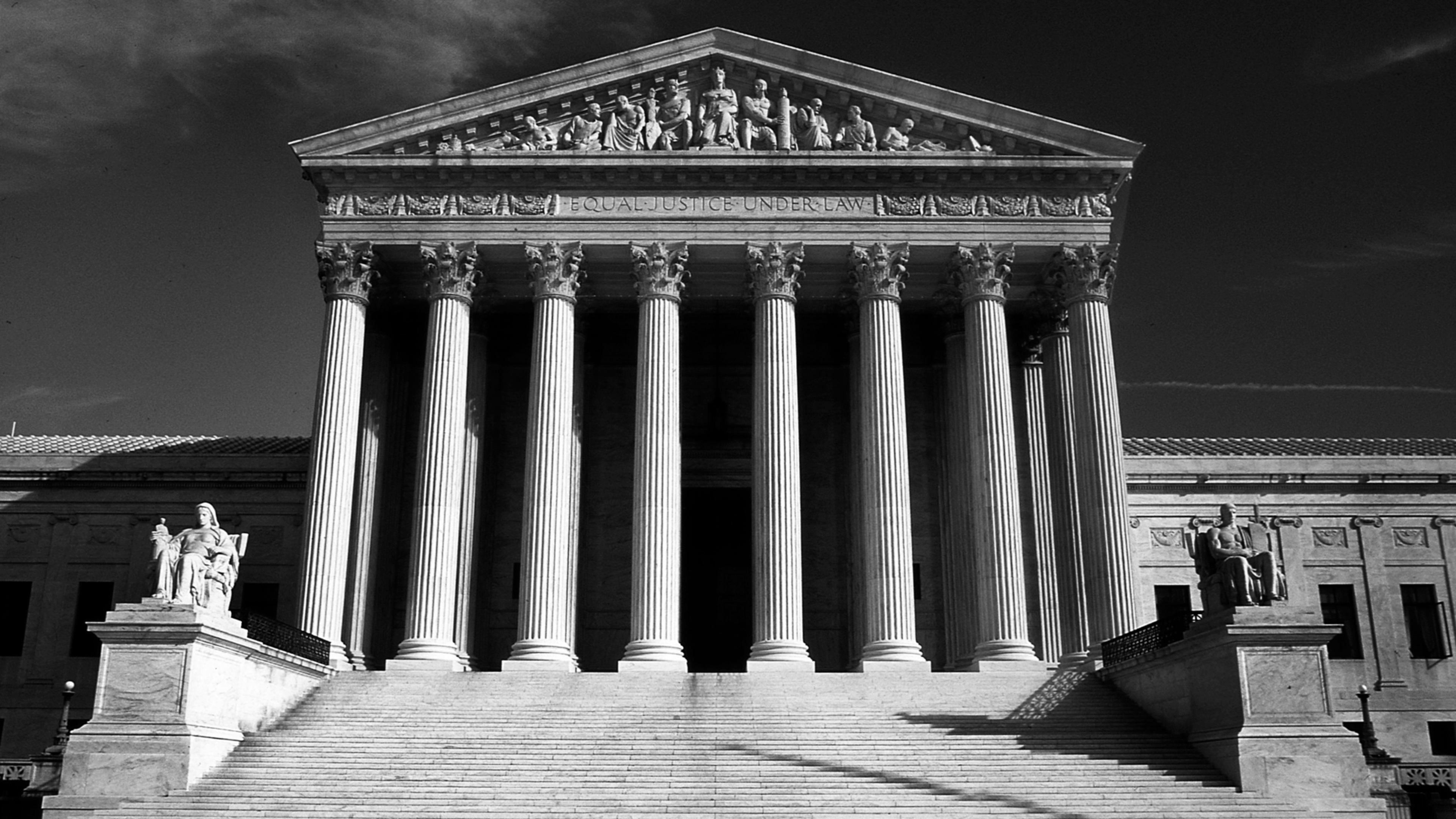The Supreme Court ruled Friday that the government cannot monitor people’s movements for weeks or months by tracking the location of their mobile phones without a warrant.
Chief Justice John Roberts joined the court’s four typically liberal justices in a ruling in Carpenter v. United States that could have broad implications for privacy rights in the digital age, where technology is putting decades-old rules on data privacy to the test.
In the past, Roberts has referred to the clash between privacy and technology as “the real challenge for the next 50 years” as courts grapple with the importance of letting law enforcement take advantage of technological advances to do their jobs while balancing the privacy rights of individuals. That clash was evident in today’s ruling.
The narrow decision should not affect traditional surveillance techniques and tools, but instead limit warrantless cellphone tracking. The case arose from the government’s use of cellphone records to arrest a man accused of a series of armed robberies in 2010 and 2011. Law enforcement obtained the records under the Stored Communications Act of 1986, which allows phone companies to turn over records if they have “reasonable grounds,” which is a far lower standard than a court-approved warrant. The decision still allows for warrantless cell-tower location information searches in emergencies and for national-security purposes.
The court’s dissenters strongly disagreed with the majority, saying the ruling could impede the work of law enforcement. Privacy advocates had warned that collecting cellphone location data could be a slippery slope—one that leads to collecting email and text messages, social media posts, browsing histories, and even data from the internet of things.
Prosecutors seek phone-location information from telecom companies in tens of thousands of cases each year, and this ruling could have a broad impact on that. How the ruling will be interpreted by lower courts—and by cellphone companies that sell real-time location data to third parties—is still yet to be determined.
Recognize your brand’s excellence by applying to this year’s Brands That Matter Awards before the early-rate deadline, May 3.
